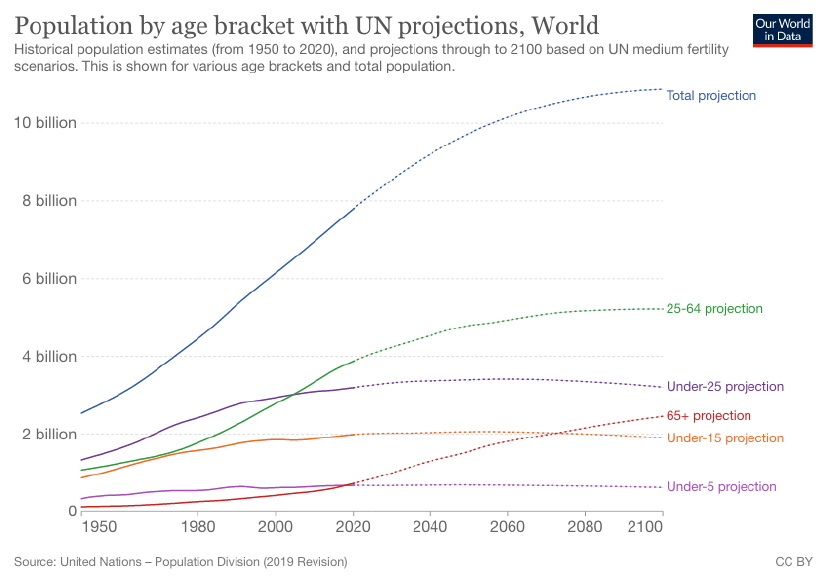We’re a technology company that’s in the business of clothing people, so we were very excited to hear that our potential customer base is going to hit 8 Billion people some time this year.

That number may sound scary to some because of the questions it raises. Some not related to textiles, like:
● How will we feed all these people?
● How will we make enough energy to sustain our civilization?
● Do we have enough fresh water for 8 Billion people?
There are no easy answers to these questions, but this is not the first time that we’ve thought the world’s population has hit its sustainable limit. There is a famous quote attributed to Tertulian, a second century BC resident of Carthage:
“Our numbers are burdensome to the world, which can hardly support us… In very deed, pestilence, and famine, and wars, and earthquakes have to be regarded as a remedy for nations, as the means of pruning the luxuriance of the human race.”
Yet some 2,200 years later here we are and still growing. And the answer that has saved our civilization has always been technology. It’s the X factor that transformed the way we produce food, energy, as well as the clothes on our back. It will be the factor that saves us again as we face the biggest challenge we’ve ever had to face – climate change and the associated resource depletion.
The textile industry has not been an innocent bystander in our society’s irresponsible use of our precious resources. In fact, we’ve been one of the main emitters of greenhouse gasses, one of the biggest consumers of water, and a major contributor to pollution. So as we get close to the 8 billion humans mark, we are rightly justified to ask:
● How will we clothe all these people?
● Do we have enough water to produce and process the textiles needed to make clothes?
● Can earth handle all the waste and pollution associated with textile production?
When it comes to the textile industry, technology is the only possible answer. The good news is that some of the answers have already been invented, what’s missing is the will to implement change. While at NTX we focus on transforming textile coloration into an environmentally friendly and economically sustainable process, we’re also keeping our eyes open on all the other innovations taking place around our industry.
As part of The Mills Fabrica ecosystem we get to interact with companies that are working on solutions that will clothe and feed the world for generations to come. Here’s are just a few examples of the initiatives:
● Eliminating overproduction via on-demand production processes.
● Merging biology, material science and design to create biodegradable materials for the fashion industry.
● Creating a circular economy by empowering recycling via linking up brands and retailers.
● And, reduce water use up to 90% via waterless textile coloration solutions that precisely and accurately colorizes nearly any fabric material (that’s us).
Time will tell how we deal with the challenges ahead. Until then we have two choices, take action and try to move the world forward, or standby on the sidelines and watch the world continue to deteriorate. We’ve made our choice.
Visit us at www.ntx.global to learn about our market ready solutions to help save energy & water usage as well as eliminate water waste in the realm of textile coloration.

